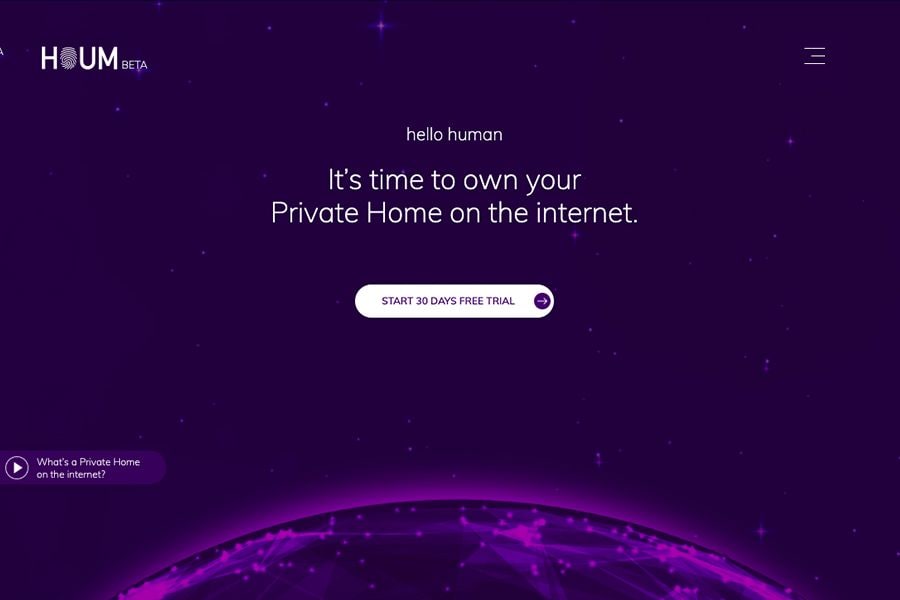


The Internet has largely changed everything, from our lifestyle to our social interactions to even the way we think.
If you could tell a 20th-century layman that you can talk to people in any corner of the world instantly over a video call, they would hardly believe you.
Internet became popular in the 1980s, become accessible to the masses in the 1990s, and the early global tech innovations started in early 2000s led by Google, Facebook and other such global technology innovations. The originality of their ideology is what makes them special and massively adopted by millions of internet users. But even the most recent of these innovations are now more than a decade old, including the new entrants such as Uber, Airbnb and Bitcoin that came in the decade 2000 to 2010. And a common factor that we often notice amongst most of these global innovations is that they all came from the Western nations.
Doesn’t it make you wonder why? After all, it is no secret that every big company contains a large population of employees from the east.
Given that no globally disruptive technology innovation has happened in nearly a decade long period, it’s high time that such a disruptive innovation comes about now something that has the ability to impact the world positively. It is also quite logical that this technology comes from the East now, combining the best of the geniuses in the East with the experiences the world has had from the West. Moreover, as there is yin, there is yang.
As much as the internet has benefited the world, it also has made some wrongs. Though it has become easy to access any information now, the privacy and security of millions of people on the internet are always at stake of being lost, stolen or misused in one way or another.
The solution to this grave, present and ever-growing problem comes in the form of an innovative consumer product by a company, headquartered in Singapore with significant Indian presence.
This company is Houm. Click here to know more about Houm
Houm lets you own a personal private place on the internet, which you can use to store all your digital assets. You can link it with all your storage & social media accounts to ensure that your data is secured and owned by you.
To understand how Houm solves the problem of digital freedom is quite interesting. Houm aims to reconstitute the ownership structure of the internet. The recent ownership structure of the internet is in an alarming state, where most of the power is consolidated in only a few hands. What this technically means is that the space you use on the internet is someone else’s, and the security of your data is at the company’s mercy that owns it.
Around 99% of all the data on the internet is today owned by only the top 5 global internet companies. Owning such great data grants them the power to affect major global events including the 2016 US Presidential elections and Brexit. They have a great influence over communities across the world and areoften responsible for manipulation.
What makes this scenario even scarier is the fact that these are all for-profit companies with the fiduciary responsibility to increase shareholder value. This means that they are manipulating the mass, just for their own benefit.
This is a wrong that needs to be righted soon, and Houm is doing precisely that.
The breakthrough thought behind this consumer internet product is so powerful yet simple that it can be summarized in just three lines:
- To have online privacy, everyone must own a private place on the internet
- Non-tech people don"t know how to build their own private place on the internet
- So, automate this process so consumers can make this easily

It takes a brilliant mind to come up with a concept as unique as Houm, and it was that of Bijai K. Jayarajan.
What proves Bijai’s intellect is his past work and proven track record. Before Houm, he had founded Loylty Rewardz in the year 2008 & ran it for a decade as the Founder & CEO. It operated Loyalty Programs for a large number of its clients, with a cumulative consumer base of over 1 billion Consumers profiles under its loyalty program management. Acquired in 2017 at a valuation of USD 100 million, Loylty Rewardz processed over 200 million transactions in a month and analyzed over 6 billion consumer financial transactions to create consumer behaviour intelligence.
With such experience behind him, he visualised a product that would serve a huge population globally, and greatly enhance the privacy on the internet. Houm aims to redistribute ownership on the internet and create around 3 to 4 billion private owners of the internet with their own space on it by removing the tech barriers that are stopping this from happening.
Just like most world-changing innovations, the ideology behind Houm too is simple, and powerful enough to provide a quantum leap from status quo towards a free and safe digital world.
Disclaimer: The pages slugged ‘Brand Connect’ are equivalent to advertisements and are not written and produced by Forbes India journalists.
First Published: Sep 30, 2019, 11:47
Subscribe Now- Home /
- Brand-connect /
- Create-a-secure-home-on-the-internet